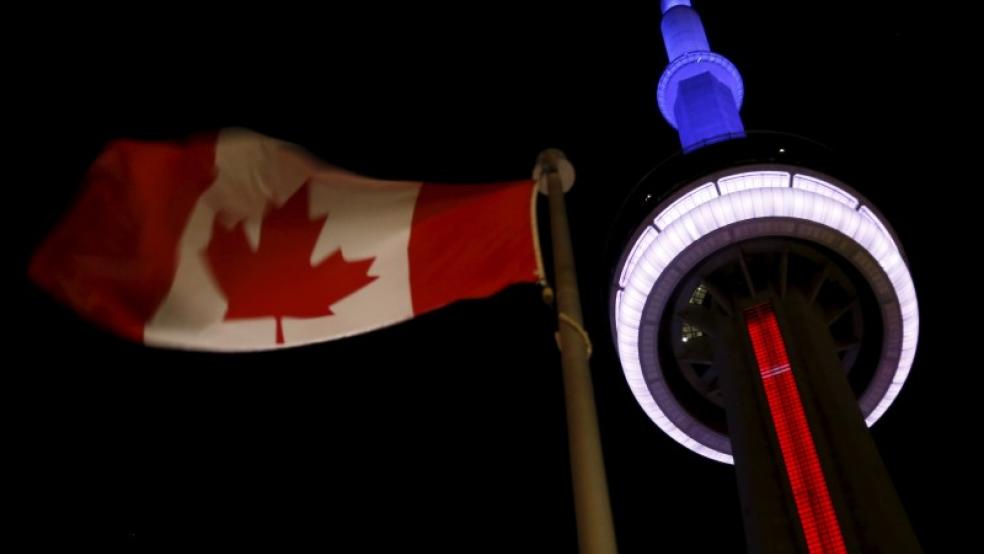BELEK, Turkey (Reuters) - The bloody attacks in Paris are likely to add to pressure on Canada to reverse a vow to withdraw from a military mission against Islamic State militants, say officials and analysts.
But doing so could cause political problems for new Liberal Prime Minister Justin Trudeau, who won an election last month promising to pull out the six Canadian jets that are bombing IS targets in Iraq and Syria as part of a U.S.-led coalition.Although the planes have not done much damage, they are symbolically important, given that they show the Muslim world that it is not just American planes attacking the militants, who are also known as ISIS.Well-placed sources said that even before the attacks, the administration of U.S. President Barack Obama was communicating its unease about Trudeau's pledge. Britain is also unhappy about the planned withdrawal, said the sources."When coalitions start to fall apart, other people leave too," said one person with direct knowledge of the file. Other nations whose planes have bombed IS targets include Britain, France, Belgium, the Netherlands, Australia, Jordan and Morocco.In last month's Canadian election the Liberals defeated the Conservatives, who sent in the jets and around 70 troops in 2014 to help train Kurdish fighters in northern Iraq. Trudeau said Canada could play a more constructive role by offering more humanitarian aid and training, a position that Foreign Minister Stephane Dion firmly reiterated on Saturday. "(This means) we will be a more effective partner in the coalition as opposed to expending so much effort and so much money and accounting for just two percent of the air strikes," he told French-language public broadcaster Radio-Canada.If Trudeau does decide to pull out the jets he will no doubt anger supporters and also give life to a Conservative Party which consistently portrayed the Liberals as soft on terror.Tony Clement, a senior minister in the former Conservative government, said Trudeau would not be embarrassed if he changed his mind in the wake of the attacks."We have a history of standing with our allies. If we don't do so now it would be a radical departure ... it would not enhance Canadian safety," he said by phone from Canada. The Conservatives are demanding a full parliamentary debate before any decision is taken on the mission.Fen Hampson of the Centre for International Governance Innovation, a prominent commentator on security matters, said although Trudeau would suffer political damage from breaking his election pledge, he should do so anyway."This is no time to head for the exit. Mr. Trudeau's early and first challenge as Prime Minister is to lead and not pander to public opinion," he said by email."The attacks in Paris underscore that the terrorist threat is a very real and present danger, and affects all western democracies, including Canada."Trudeau is also promising to bring in 25,000 Syrian refugees by the end of the year, despite Conservative protests that militants could sneak into Canada amid the rush."We can achieve our target safely and responsibly," a Trudeau aide told reporters on Saturday when asked whether Ottawa might slow down its efforts.Canadian jets are still bombing IS targets despite the election victory and Trudeau has been silent so far on when exactly the mission will stop. It is due to end in March 2016.Wesley Wark of the University of Ottawa, who also says Trudeau should change his mind, said one compromise would be for Canada to keep its surveillance planes in the region and add more transport aircraft capacity to the coalition."That would be easier to explain to the Canadian public and would help with our allies as well as lessen the ISIS claim of a propaganda victory," he said in an email. (Reporting by David Ljunggren; Editing by James Dalgleish)Paris attacks will put more pressure on Canada over IS mission

© Chris Helgren / Reuters



